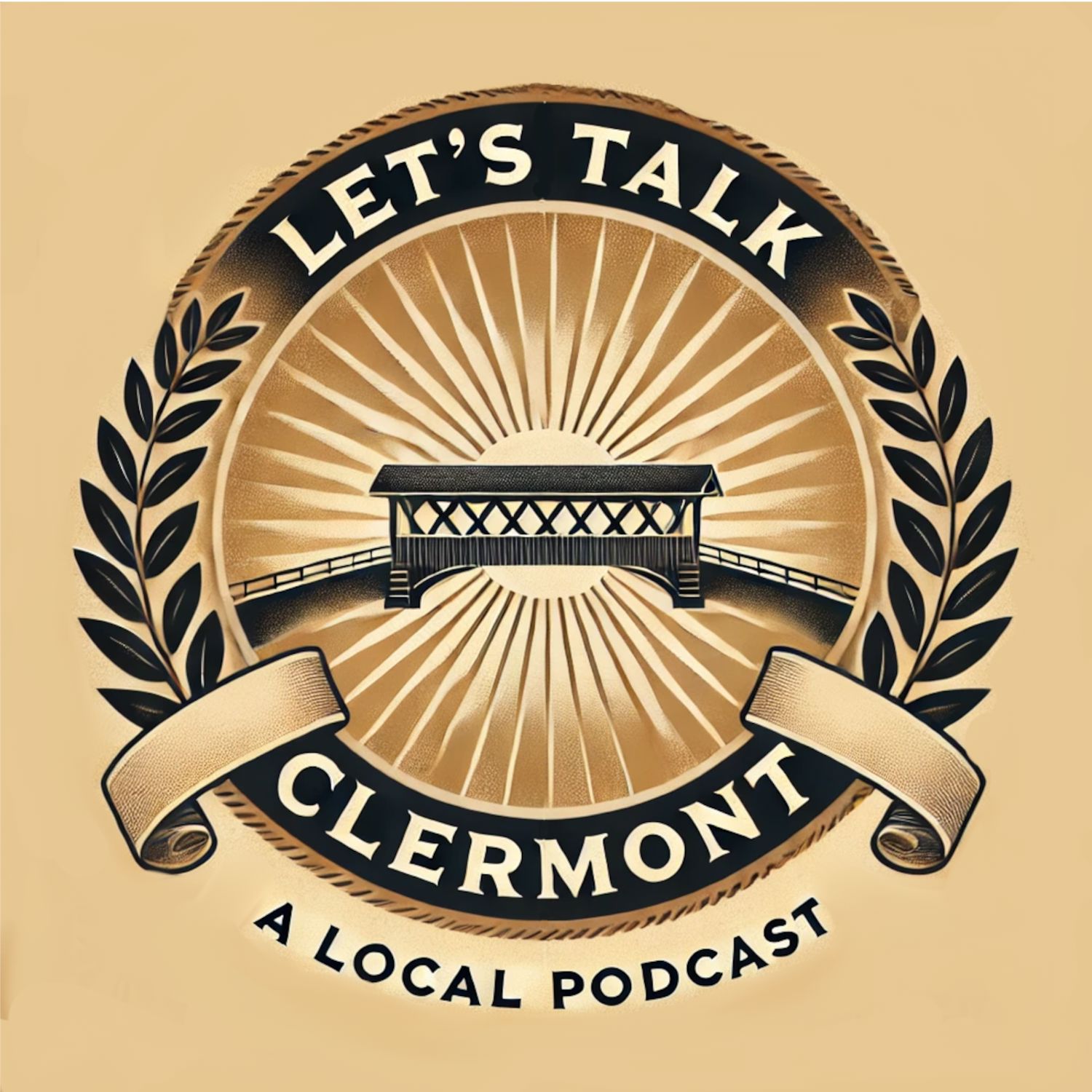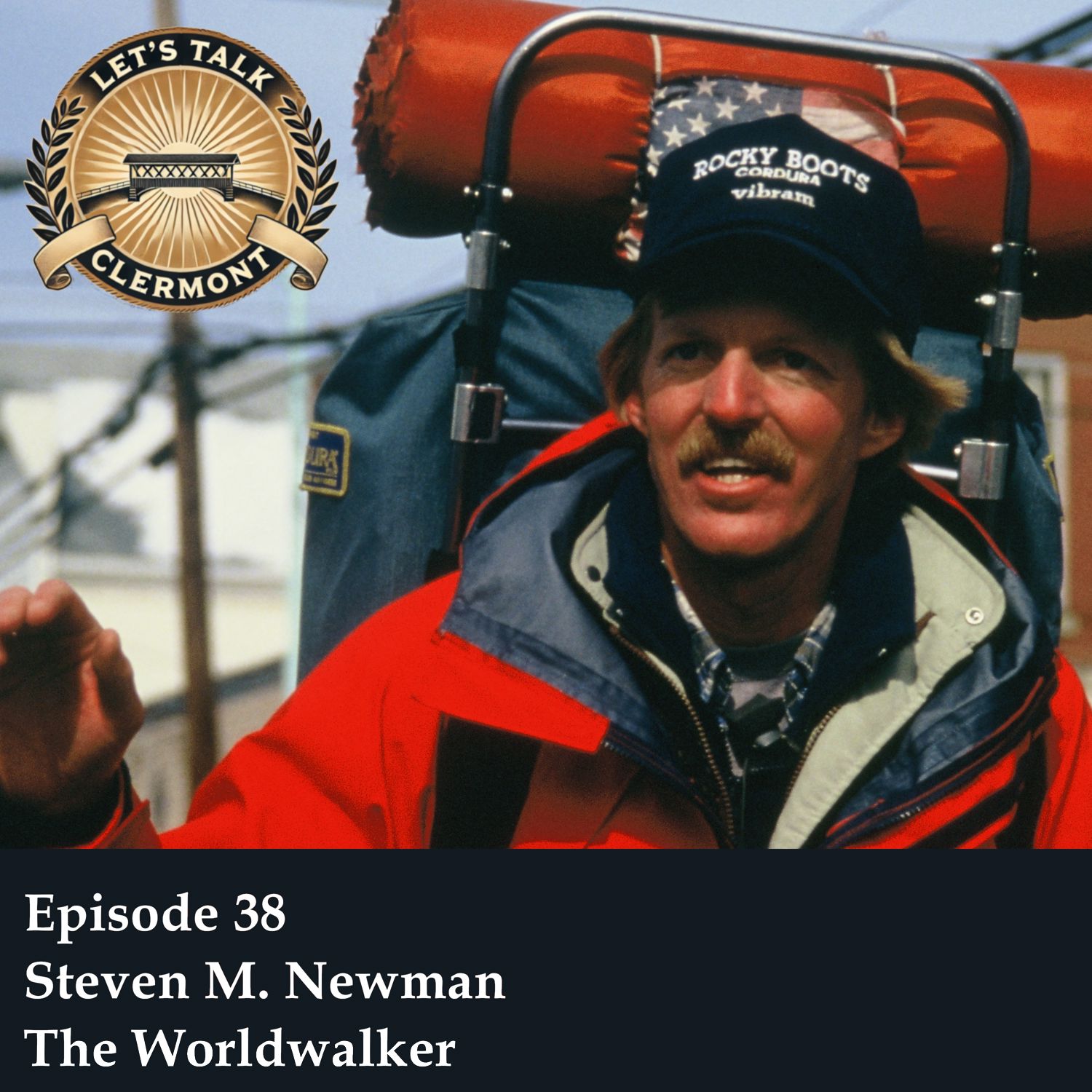Ep. 38 — Post-Election Wrap + “World Walker” Steve Newman
We're back to regular programming! We start with a run through of Clermont County’s contested races and ballot issues using the unofficial Board of Elections numbers as of Wednesday. We look at Loveland’s razor-thin council race (likely recount), Milford and Batavia council results, township trustee winners across the county, and every levy or zoning question, what passed and what failed. There's also a new holiday donation special.
In the second half, we talk with Bethel native Steve Newman who actually walked around the world, solo, in the 1980s. Steve talks about why he did it, training on Wyoming oil rigs, walking through Ireland during the Troubles, being checked out by an Apache helicopter, crossing North Africa, getting protected by warlords in Pakistan, dragging a water cart across the Australian Outback, and what all of that taught him about fear, dictatorships, kindness, and why America really is special.
County & local news
Follow on Facebook & Instagram, and signup for the Thursday newsletter.
Facebook
Instagram
Newsletter
If the show brings you value, consider supporting us!
Donate
We're back to regular programming! We start with a run through of Clermont County’s contested races and ballot issues using the unofficial Board of Elections numbers as of Wednesday. We look at Loveland’s razor-thin council race (likely recount), Milford and Batavia council results, township trustee winners across the county, and every levy or zoning question, what passed and what failed. There's also a new holiday donation special.
In the second half, we talk with Bethel native Steve Newman who actually walked around the world, solo, in the 1980s. Steve talks about why he did it, training on Wyoming oil rigs, walking through Ireland during the Troubles, being checked out by an Apache helicopter, crossing North Africa, getting protected by warlords in Pakistan, dragging a water cart across the Australian Outback, and what all of that taught him about fear, dictatorships, kindness, and why America really is special.
County & local news
- Veterans Village site approved off SR 125 in Monroe Twp; 19 subsidized units for unhoused/at-risk vets, construction targeted for 2026
- Operation Green Light: county buildings in Batavia lit green to honor vets
- New Richmond: Dec. 6 River Village Christmas; discolored-but-safe water; Robin Hill partial closure; council 11/18 @ 7 p.m.
- Goshen: 24,000 tons of junk finally getting hauled off the 7-acre illegal dump after 17 years, paid largely by $2.5M state grant
- Holiday donation special running through Jan. 1: $25 or more gets an on-air mention and a short holiday note.
- We need a boots on the ground report from New Richmond on their funky smells and funky water.
Follow on Facebook & Instagram, and signup for the Thursday newsletter.
Newsletter
If the show brings you value, consider supporting us!
Donate

